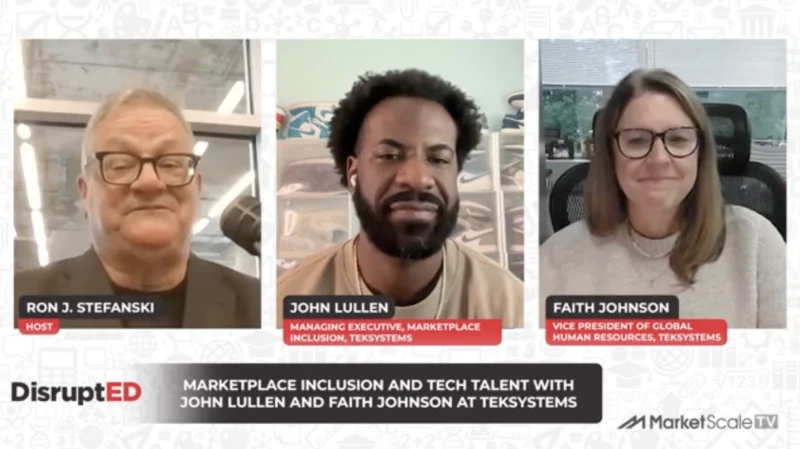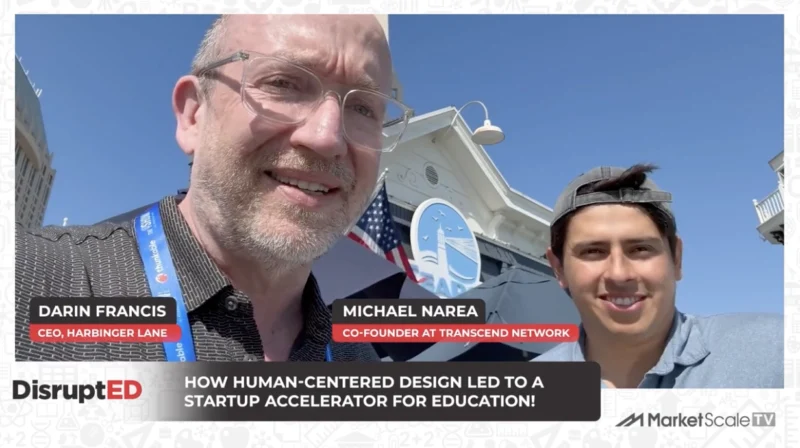DisruptED: Generative Design And The Future of Advanced Manufacturing, Part 1
In the age of rapid technological advancements, the manufacturing sector is undergoing a significant transformation. The rise of generative design, a process that uses algorithms to generate optimized design solutions, is revolutionizing how products are conceptualized and produced. With the global manufacturing market expected to reach $985.5 billion by 2032, the stakes have never been higher. So how is new process truly changing the game, and what does the future hold for designers and engineers?
On the first part of this two-part episode of DisruptED, host by Ron J. Stefanski dives into the world of generative design in advanced manufacturing with guests from nTop, Bradley Rothenberg (CEO) and Blanca Aguado (Chief Operating Officer). Together they shed light on how new technologies are disrupting traditional manufacturing processes, offering insights into the potential and challenges this innovative approach brings. Key discussion points include:
– The transformative power of generative design in advanced manufacturing.
– The role of software and technology in facilitating complex design solutions.
– Real-world applications and success stories of generative design in various industries.
Bradley Rothenberg began his journey in the realm of architecture and his passion for 3D modeling and design led him to recognize the limitations of traditional CAD tools. With a vision to revolutionize the design process, Bradley co-founded nTop, a platform that leverages advanced mathematics and computational capabilities to enable intricate and efficient design solutions. Blanca Aguado, with her role as the COO, plays a pivotal role in commercializing this groundbreaking technology, ensuring it reaches the hands of designers and engineers worldwide.
Article by Rafael Abreu




